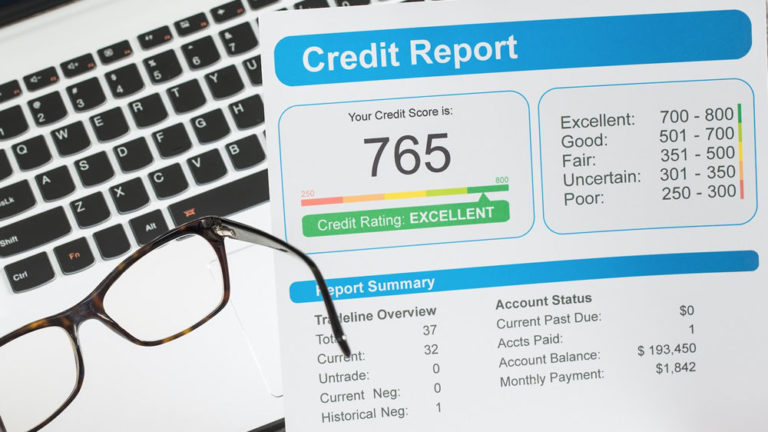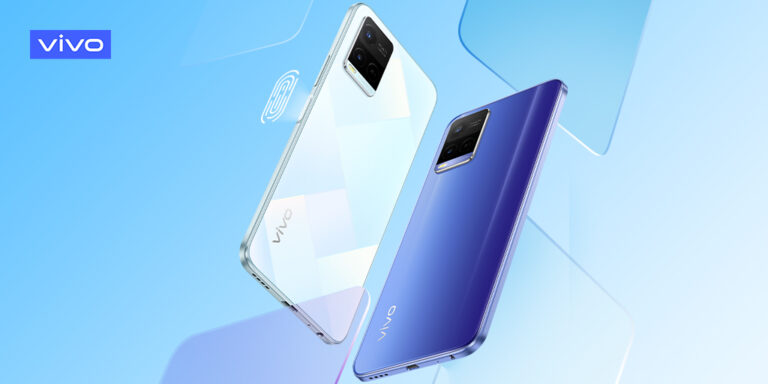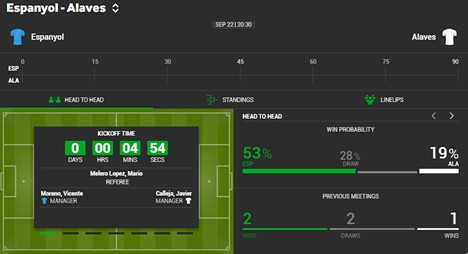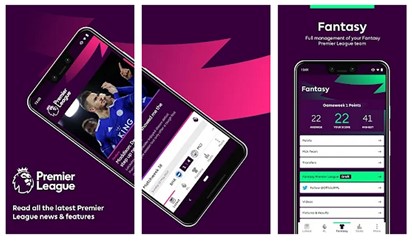Gotv Kenya has announced a range of new TV channels within a new festive focused package dubbed Supa Package. The new package is said to pack a ton of interesting lifestyle channels without putting pressure on consumers pockets and should be live as of September 1st, 2021. As expected, the Multichoice owned provider is targeting the festive season with new channels focused on kids, entertainment, lifestyle as well as drama.
The entertainment industry is currently experiencing stiff competition that mostly emanate from new streaming services such as Netflix. This has caused Multichoice Kenya’s fortunes to dwindle in recent years, especially now that most sport lovers in Kenya can easily stream popular games on their computers or television; an area that had remained closed to Multichoice for so many years.
With Gotv’s Supa package, the entire family will have something to watch at least at an affordable price. We don’t expect this to be a game changer, since even its price is not affordable to the common Kenyan, and there are far better options around. To add some fuel into the fire, Netflix is currently offering some content for free here in Kenya on Android platforms – and as we all can imagine, it’s hard to compete with free.
Speaking on the launch, Multichoice Kenya Managing director Nancy Matimu said the new package was aimed at the entire family, with greater choice that will prove valuable for their money. Nancy further said the package joins an extensive lineup currently offered by the entertainer and will ensure there’s everything for anyone in the family.
How much does Gotv SUPA Package cost
And while it’s poised to offer interesting content to customers at what the company calls affordable pricing, Gotv Supa package is not exactly affordable. Subscribers will have to pay Ksh 1,499 every month, though it guarantees them to watch all sporting events currently available on Gotv Max.
Channels available on Gotv SUPA bouquet.
A side from all sporting channels currently available on Gotv Max, subscribers will have access to additional over 17 lifestyle and entertainment channels including those listed below.
New channels on GOtv Supa Package include Africa Magic Urban (Channel 6), ROK (Channel 7), Maisha Magic Plus (Channel 8), Mambo Moto (Channel 10), Maisha Magic Poa (Channel 11), TL Novelas (Channel 13), KIX (Channel 19), Novela Magic (Channel 20), WWE (Channel 36), National Geographic (Channel 53), Honey (Channel 57), Food Network (Channel 58), Akili Kids (Channel 63), Nick Junior (Channel 64), Boomerang (Channel 68), Nick Toons (Channel 69) and TV47 (Channel 102).












